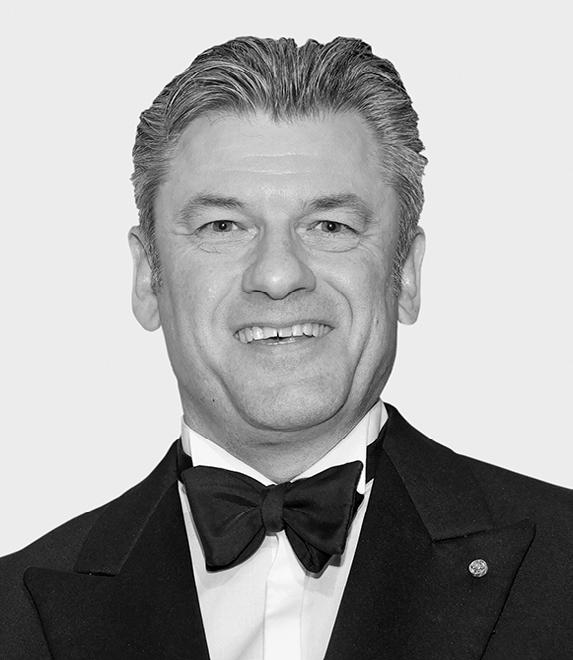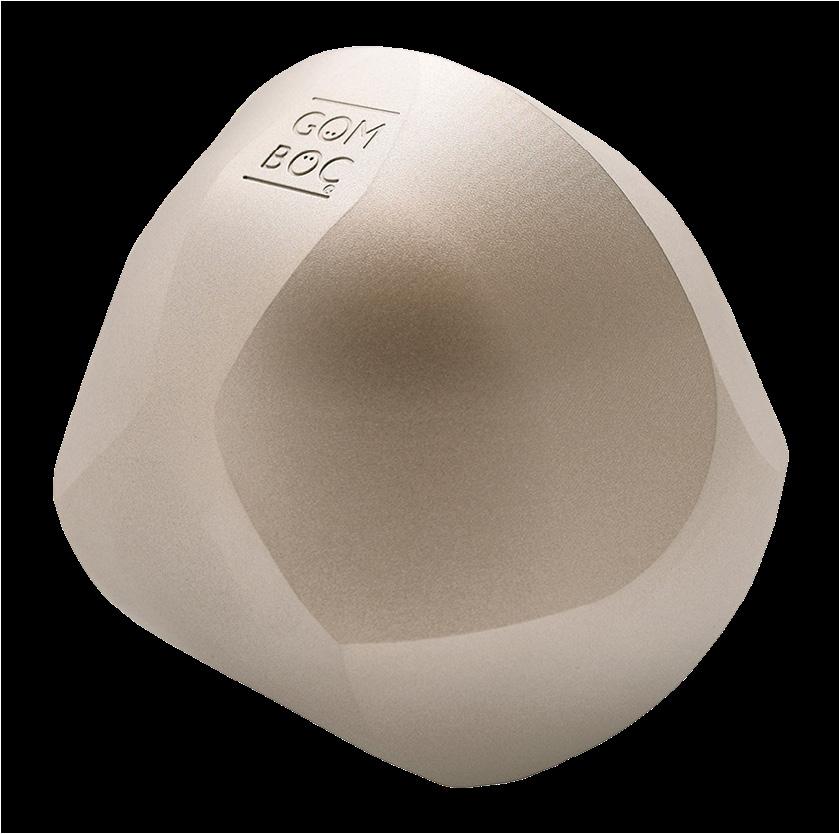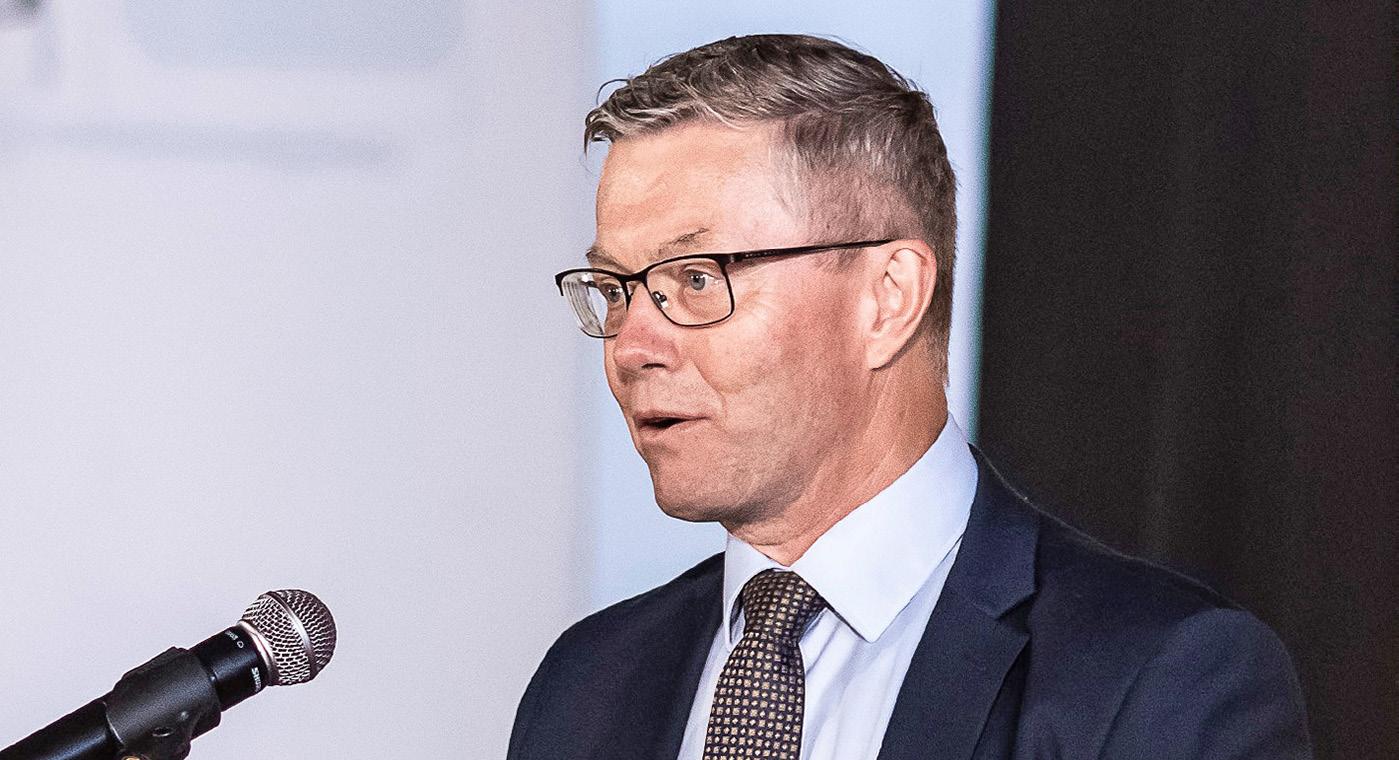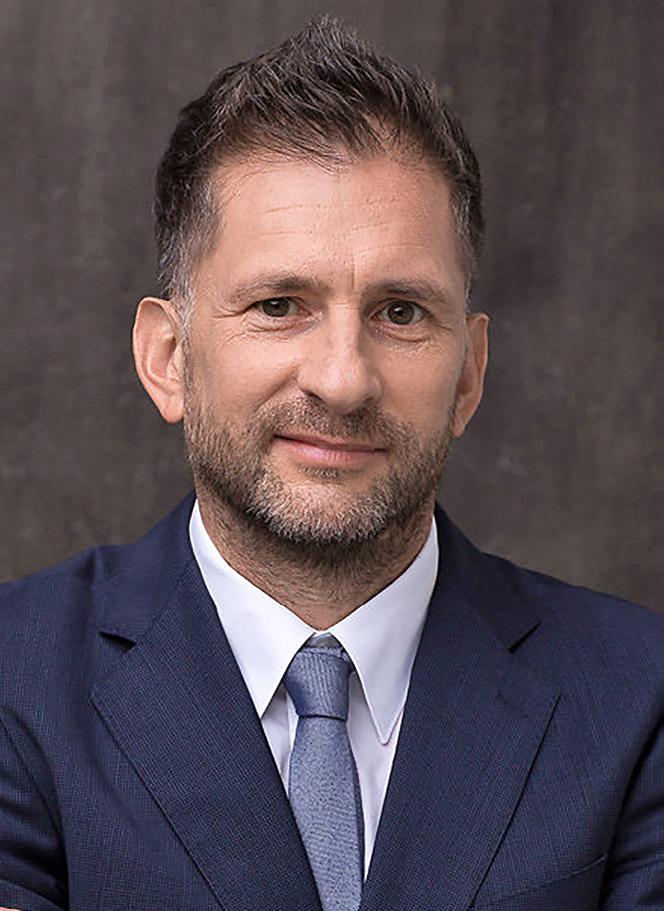TOP Expat CEOs
The Most Influential Expat CEOs in the Hungarian Economy 2024





It is still early days, but 2024 has the feel of a holding year. Inflation has thankfully fallen far from its peak, although it seems likely there may be some volatility through spring and into early summer. Energy prices are nowhere near their scary highs after Russia invaded Ukraine, but they aren’t yet back to where they were pre-conflict. PwC’s annual survey of CEOs suggests a quiet, if cautious, expectation that this year will be better than last.
Perhaps a holding year wouldn’t be so bad after a period of powerful headwinds, from COVID, through supply chain disruptions, to a European war, to soaring inflation to that energy crisis. That war is now in its third year. How it progresses (or put another way, how much continued military support Ukraine will receive) may be linked in no small measure to how approximately four billion people vote in elections that will span the globe, taking in the European Union, India, the United States and probably the United Kingdom. (There will also be an election in Russia, but I don’t think anyone doubts the result beyond wondering what the official turnout will be put at and where precisely what Vladimir Putin’s share of the poll will be.) Nor is Europe the only active military zone, and the possibility that the situation in Gaza could spill over into the broader Middle East cannot be ignored. The threats to Red Sea shipping and, thus, to Western retail supplies are very real.
The early financial news for Hungary has not been great. The detailed Q4 figures from 2023, published in March, were poorer than expected, and while the OECD is predicting growth of 2.4% for this year (well below the government’s projected 4%), it warns that it is “subject to significant risks.” Those include, but are very far from limited to, “uncertainty

related to inflation and rising energy prices.” Put to one side political questions or the often fraught relationship between the European Union and the Viktor Orbán government. Hungary has an open economy, and its most significant trade partner is Germany, for so long the powerhouse of Europe, but not now. The Kiel Institute for the World Economy cut its 2024 growth forecast for what is still the euro zone’s largest economy to just 0.1% in early March. In January, the International Monetary Fund projected 0.5% growth for Germany.
In other words, there are seemingly more things that could go wrong with the world economy (and, therefore, impact Hungary’s) than right. Getting to December 2024 with inflation around 6%, as ING recently predicted, might well seem like a victory of sorts. It will be another year in which business leaders will need to earn their salaries as they seek to chart a path forward, which means it is a good job that the talent pool among our expat CEO community is high. You’ll find many of the leading players featured in this publication. We burrow into that PwC CEO survey to discover what bosses’ expectations are in more depth and check in with some of the leading international business chambers to get their take on the economic pulse. We also celebrate 10 years of success with the Hungarian Investment Promotion Agency. It is perhaps worth reminding ourselves that, even given the challenging economic climate, the record for attracting FDI was set in 2023. It more than doubled the previous record. That was set in 2022. It may not be easy, but there is business to be done out there.
Robin Marshall Editor-in-chief Budapest Business Journal
When it came to choosing an image for our cover page, we wanted something that was visually arresting, naturally, but which could bring together different strands – business, sciencific, and cultural – while also representing genuine Hungarian values. The image we chose was a Gömböc, which somehow manages to be both an enigma and an inspiration.
By BBJ StaffThe Gömböc has become a Hungaricum, a uniquely Hungarian thing. But the origin of the geometric marvel was a fiendishly ingenious challenge posed by the late Russian intellectual giant Vladimir Igorevich Arnold, one of the most influential mathematicians of the 20th century. His question was could a convex, homogeneous object with just two balance points exist?
The answer, it transpired, is yes. In 2007, Gábor Domokos and Péter Várkonyi from the Budapest University of Technology and Economics proved the conjecture and created the first physical example of what became known as the Gömböc. Its unique geometric form is the first known example of a new class of shapes called monomonostatic: convex, homogeneous bodies with just one stable and one
unstable equilibrium point. Place it on a horizontal surface, and it will self-right like a Weeble. Unlike the rolly-polly toy introduced by Hasbro in 1971, however, the Gömböc doesn’t rely on an added bottom weight to right itself.
The first individual Gömböc, 001, was presented to Arnold on his 70th birthday. He later donated it to the Steklov Institute of the Russian Academy of Sciences. Some of the world’s most prestigious universities (including Berkeley, Cambridge, Cornell, Harvard, Heidelberg, Princeton, Oxford, the Sorbonne and Tokyo) and collections such as the Centre Pompidou in Paris and the Deutsches Museum in Munich, as well as Windsor Castle in the United Kingdom, have uniquely numbered Gömböc models on permanent display. It is as beautiful as it is clever; it was exhibited at the Shanghai World Expo in 2010 and at Lisson Gallery in London in 2018.
Biological evolution has developed a Gömböc-like shape in the form of the eggshell of the Indian Star Tortoise, helping to self-right when turned upside down. Natural abrasion, however, decreases the number of static balance points, making a true Gömböc an unattainable goal. As the British mathematical physicist Sir Michael Berry remarked, the Gömböc exists in Nature, but only as a dream.
The Gömböc is so much more than a pleasing shape that solves a mathematical puzzle. The theory behind it not only helped an international team to prove ancient fluvial activity on Mars but also led to the recognition of a universal geometric frame to natural fragmentation, confirming Plato’s 5th century B.C.E. hypothesis that the earth, one of five types of matter he identified, consists of platonic cube shapes.
The Hungarian Investment Promotion Agency has been serving the development of the national economy for 10 years now. The occasion presents an excellent opportunity to take stock of the decade-long achievements of the organization.
By BBJ StaffThree key figures alone speak for themselves: EUR 49 billion investment volume, more than 2,000 guided projects, and 150,000 newly created jobs tell a tale of massive success. The balance of HIPA’s 10-year operation has earned respect across the border on multiple occasions, as evidenced, among others, by numerous Top Investment Promotion Agency of the Region Awards from the prestigious Site Selection Magazine or the two-time recognition from the Dubaibased Annual Investment Meeting.
A particular benchmark of success is the fact that investments have reached new highs year after year since 2015, the only exception being the COVID-hit 2020. Magnitudes, and hence expectations, have changed dramatically along the way, though. Whilst the first two years witnessed yearly FDI inflow below EUR 2 billion, last year saw a record of EUR 13 billion doubling the previous all-time high set just 12 months earlier in 2022.
This steep upward trajectory can be attributed to a series of factors: Hipa’s highly professional one-stop shop consultancy scheme, a business-friendly environment as well as the government’s strategy to attract capital from all over the globe. Initially, it was Western investors that

Lego has invested more than EUR 1 billion into its Nyíregyháza site and received HIPA’s Award for Continuous Reinvestment this year. The photo shows Chresten Bruun, managing director of Lego’s Hungarian operation, who has been shortlisted for the Budapest Business Journal’s Expat CEO of the Year Award, to be presented on Saturday, March 23, 2024.
were leading the pack, but since 2019, Eastern companies have been carving out ever bigger slices of the FDI pie. For that matter, in 2023, they accounted for 82% of the total investment volume.
But while Asian investors have been motoring ahead recently, Germany’s role deserves special attention, as it topped the investment volume charts from 2015 to 2018, and in the period from 2019-2022, it was in second place.
The impressive statistics don’t stop there, either. German investors have been among the top three job creators every year and brought the most projects, too, with the one exception of 2014. The annual all-time project number record is also associated with the European economic powerhouse, having delivered 29 of them in 2017.
Continued on page 10.
Business can be a challenge at the best of times. Throw in half the world’s population going to vote, the war next door entering its third year, and nagging concerns about inflation, growth, competitiveness and energy costs, and charting a path to success seems even more complex. Could the Hungarian presidency of the Council of the EU help improve matters? We ask several leading international chambers of commerce for a glocal point of view.
By Robin MarshallBBJ: What are your expectations for 2024 compared to 2023 from a Hungarian business perspective?
Zoltán Szabó: We anticipate an improvement this year, driven by a slowdown in inflation, increased consumer spending, and lower interest rates that may encourage new investments. While we are close to full employment, finding a sufficiently skilled workforce will continue to be a challenge for specific roles and companies.
Jim Hans V. Bauters: We expect inflation to stabilize, overall growth prospects to remain under pressure and an increased need for Hungarian businesses to be more inventive in finding new economic drivers.
Nicholas Sarvari: I remain concerned about the outlook for the upcoming year. Recent Hungarian official statistics highlight the severity of our current situation. While inflation is decreasing, it remains considerably higher than in neighboring countries. Pressures on wage growth persist, exacerbated by recent hikes in

energy costs, delaying recovery. Moreover, the perception of political risk persists. Ever louder criticism of expanding corruption, overwhelming government control, and a disappearing democratic balance all hinder foreign investor sentiment and contribute to sluggish economic progress.
László Károlyi: The key developments in Europe and the world strongly impact Hungarian business
perspectives. These are now generally unpredictable due to the increased risk of uncertainty brought about by geopolitical crises, particularly concerning energy supply and overall logistics expenses. Regarding Hungary, the government’s plans to encourage household consumption and corporate recovery following two years of exceptionally high inflation could propel the country’s GDP upward after a 12-month slump. Therefore, assuming nothing unexpected happens, we can anticipate a slow, gradual restart of projects in the first half of 2024, with rising consumption, falling interest rates, and a weakening of the exchange rate against the euro. However, at the end of the year, there is still uncertainty regarding whether businesses can continue to grow at this positive rate or whether the weakening of the forint and the exchange rate will negatively impact inflation and, more broadly, GDP growth and consumption.
Barbara Zollmann: Following the economy’s weak performance in 2023, our companies hope for a recovery
Based on the results of its 13th annual domestic CEO Survey, consultancy PwC Hungary says confidence in both global and Hungarian economic growth seems to be returning after last year’s spike in pessimism.
By BBJ StaffAccording to PwC Hungary’s 13th CEO Survey, 54% of Hungarian CEOs are confident about the global economic outlook, while 60% believe Hungarian economic growth will also improve.
For the first time in the survey’s history, Hungarian CEOs are more optimistic
about general economic growth than their own revenue prospects. The percentage of those confident about their company’s revenue growth in 2024 has fallen to 2012 levels (47%).
More than half (58%) of CEOs say they plan to increase prices, and more than a third (36%) anticipate increasing headcount over the next 12 months.
Four out of 10 believe they will need to change their companies’ business models and processes to survive in the long term. Hungarian chief executives expect an exchange rate of 394 forints to the euro, 1.7% GDP growth, and 8% inflation overall this year.
From the 297 personal interviews PwC Hungary staff conducted for this

THE CEO CRYSTAL BALL
With confidence in both global and Hungarian economic growth returning after last year’s spike in pessimism, local chief executives expect an exchange rate of 394 forints to the euro, 1.7% GDP growth, and 8% inflation this year, according to PwC Hungary’s 13th CEO Survey.




“Over my two-and-a-half-decadelong career, I’ve had the privilege of giving countless interviews and speeches, during which I’ve eagerly shared insights into the evolving trends within the industry,” reflects Kassai. “It’s like being a fortune-teller in a world of endless possibilities, and I must say, there’s never been a more exciting time to be in this field.”
As a renowned global event service provider, the team at Special Effects has undoubtedly been challenged by uncertain periods, but its commitment and relentless pursuit of excellence have kept it going.
Special Effects’ goal is simple yet profound: to ensure each event, big or small, unfolds seamlessly, leaving an unforgettable mark on attendees.
In the ever-evolving landscape of the events industry, the old adage that “one size fits all” is giving way to a new era of tailored experiences and immersive engagements. Meet Zsolt Kassai, the visionary CEO of Special Effects Ltd., whose biggest inspiration is the unknown future.
In the era of the transformation economy, consumers yearn for experiences that resonate deeply with their values and aspirations. This necessitates a shift towards events that go beyond mere information exchange, offering immersive and personalized encounters that leave a lasting impact.
